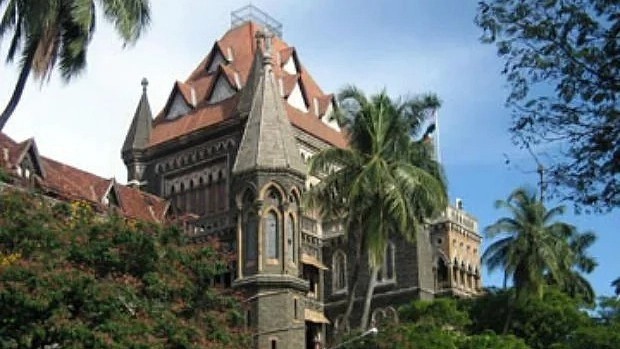Mumbai: In a major relief to V Hotels (formerly M/s. Tulip Hospitality Services Ltd), the Bombay High Court has quashed an attachment order issued by the Adjudicating Authority under the Prevention of Money Laundering Act (PMLA). This order followed a provisional attachment issued by the Enforcement Directorate (ED).
V Hotels had challenged the provisional attachment order dated April 25 by the ED and the subsequent complaint filed by the central agency on May 22 before the Adjudicating Authority. The adjudicating authority confirmed the attachment of 12 properties, including the V Hotel near Juhu Beach, on May 27.
The hospitality company contended that it had undergone a successful Corporate Insolvency Resolution Process (CIRP) under the Insolvency and Bankruptcy Code (IBC), 2016, with a resolution plan approved by the National Company Law Tribunal (NCLT) on April 26. This plan, upheld by the Supreme Court, transferred control of the corporate debtor to a third party, Macrotech Developers Limited.
Counsels for V Hotels and Macrotech, Janak Dwarkadas and Cyrus Ardeshir, argued that Section 32A of the IBC grants immunity to the corporate debtor and its properties from prosecution or attachment for offenses committed prior to CIRP commencement.
They emphasized that the provision ensures a “clean slate” for resolution applicants. They also highlighted discrepancies in the timeline of the provisional attachment order, questioning whether it was backdated to April 25, after the resolution plan was publicised on April 28, 2024.
ED counsels, Aayush Kedia and Hiten Venegavkar, opposed the plea contending that the attachment order does not hinder the resolution process and was necessary to ensure accountability. They submitted that the provisional attachment of Rs 520 crores (the alleged proceeds of crime) was intended to prevent misuse of the insolvency process.
A bench of Justice BP Colabawalla and Somasekhar Sunderesan noted inconsistencies, including the ED’s own acknowledgment that the proceeds of crime had transformed into the resolution amount, requiring the modification of the attachment.
The bench observed that Section 32A(2) of the IBC protects properties of the corporate debtor from attachment once a resolution plan is approved. It expressed doubts about the validity of the provisional attachment order, citing a suspicious timeline and the lack of specific denial by the ED regarding allegations of backdating.
“We have only set out all these facts to merely opine that there is a serious doubt whether the Provisional Attachment Order dated 25th April 2024 was in fact passed on the said date or was passed subsequently and was ante-dated. We say nothing more on this,” the bench noted.
Holding that the attachment orders violated the mandate of Section 32A of the IBC and its earlier decisions, the HC quashed the orders. It emphasised the need to respect the immunity granted to corporate debtors under the IBC to facilitate effective resolution and restructuring.
